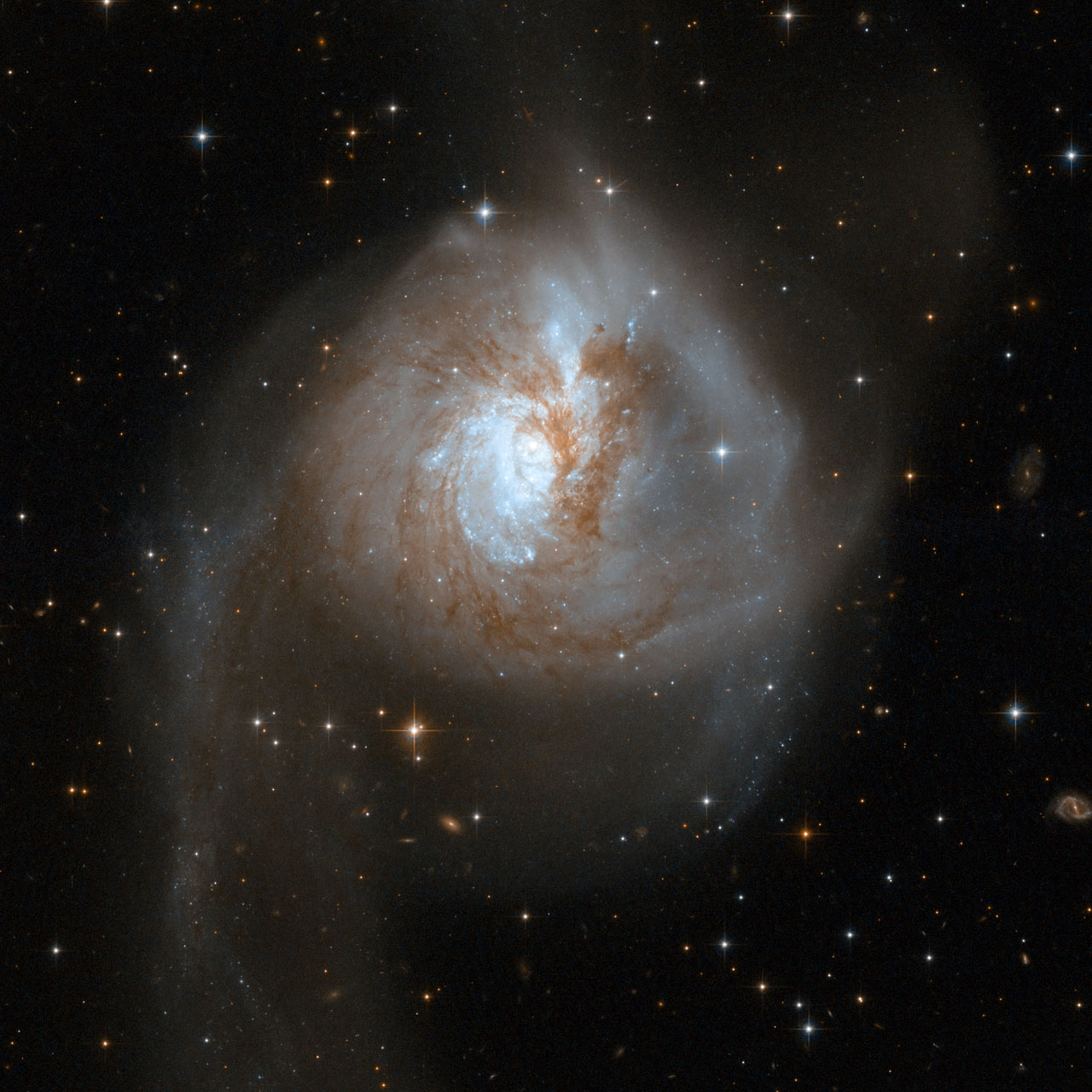NGC3256Band3 for CASA 3.3: Difference between revisions
| Line 45: | Line 45: | ||
<source lang="python"> | <source lang="python"> | ||
# In CASA | # In CASA | ||
The | The commands you need to execute will be displayed in regions like this. | ||
</source> | </source> | ||
| Line 51: | Line 51: | ||
<pre style="background-color: #fffacd;"> | <pre style="background-color: #fffacd;"> | ||
Occasionally we will show output to the CASA logger, which will be displayed in regions like this. | Occasionally we will also show output to the CASA logger, which will be displayed in regions like this. | ||
</pre> | </pre> | ||
For a brief introduction to the different ways CASA can be run, see [[EVLA_Spectral_Line_Calibration_IRC%2B10216#How_to_Use_This_casaguide]] page. For further help getting started with CASA, see [[Getting_Started_in_CASA]]. | For a brief introduction to the different ways CASA can be run, see [[EVLA_Spectral_Line_Calibration_IRC%2B10216#How_to_Use_This_casaguide]] page. For further help getting started with CASA, see [[Getting_Started_in_CASA]]. | ||
Revision as of 16:17, 25 May 2011
Science Target Overview

[To be written by Eric]
ALMA Data Overview
ALMA Science verification data on NGC3256 in Band 3 were taken in six different datasets over two consecutive nights: April 16-17, 2011. There are three datasets for April 16th and three for April 17th. These Band 3 observations utilized all four available basebands, which are associated with four different spectral windows: two in the Upper Sideband (USB) and two in the Lower Sideband (LSB). The first spectral window is centered on the CO(1-0) emission line in the galaxy NGC 3256 and is our highest frequency spectral window. There is one additional spectral window in the Upper Side Band (USB), and there are two spectral windows in the Lower Side Band (LSB). These additional spectral windows are used to measure the continuum emission in the galaxy, and may contain other emission lines as well. Each spectral window has a total bandwidth of 2 GHz divided over 128 channels, for a channel width of 15.625 MHz, corresponding to about 40 km/s. Online Hanning smoothing was applied to the data, which implies that the spectral resolution is twice the channel separation.
In this tutorial, we will guide you step-by-step through the reduction of the ALMA science verification data on NGC3256 and its subsequent imaging. This CASA Guide consists of two parts:
See below for how to obtain the data needed for the tutorial. For a similar tutorial on the reduction of ALMA Band 7 data on TW Hydra, see TWHydraBand7.
Obtaining the Data
You can download the data here:
[LINK]
This will create three directories:
- RawDataAndTablesForReduction
- CalibratedData
- ReferenceImages
To complete the NGC3256 Band3 - Calibration section of the tutorial, you will need the data in the first directory: RawDataAndTablesForReduction. Here we provide you with "starter" datasets, where we have taken the raw data in ALMA Science Data Model (ASDM) format and converted them to CASA Measurement Sets (MS). We did this using the importasdm task in CASA. Along with the raw data, we also provide some tables that you will need for the calibration. These include the System Temperature (Tsys) tables, which contain corrections for atmospheric opacity, and Water Vapor Radiometer (WVR) tables, which contain the atmospheric phase corrections determined by the water vapor radiometers on each antenna.
For those wishing to skip the calibration section and proceed to NGC3256 Band3 - Imaging, we also provide the fully-calibrated data in the CalibratedData directory.
Finally, we provide reference images in the ReferenceImages directory for comparison with the results of the NGC3256 Band3 - Imaging section.
The downloads to your local computer will take some time, so you may wish to begin them now.
How to use this Casa Guide
To start the data reduction process from the very beginning, start with the Calibration section: NGC3256 Band3 - Calibration. Once you have completed that section, or if you would like to skip over the calibration process, proceed to NGC3256 Band3 - Imaging.
For both portions of the guide, we will provide you with the full CASA commands needed to carry out each step.
# In CASA
The commands you need to execute will be displayed in regions like this.
Simply copy and paste the commands in order into your CASA terminal. You may also type the commands in by hand if desired, but be mindful of typos. Note that you may need to hit Enter twice in order for the process to start running. Also note that copying and pasting multiple commands at a time may not work, so only copy and paste the contents of one region at a time.
Occasionally we will also show output to the CASA logger, which will be displayed in regions like this.
For a brief introduction to the different ways CASA can be run, see EVLA_Spectral_Line_Calibration_IRC+10216#How_to_Use_This_casaguide page. For further help getting started with CASA, see Getting_Started_in_CASA.